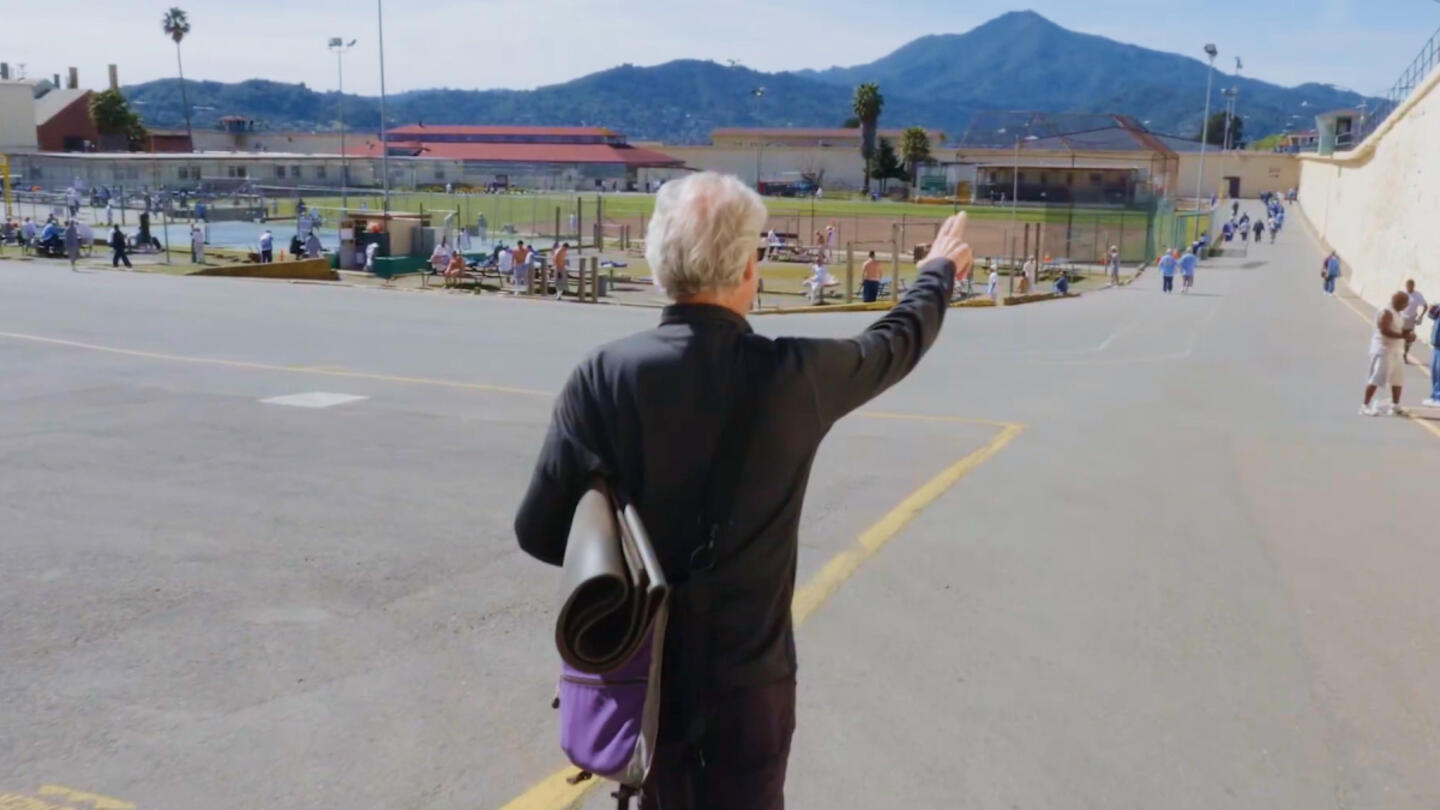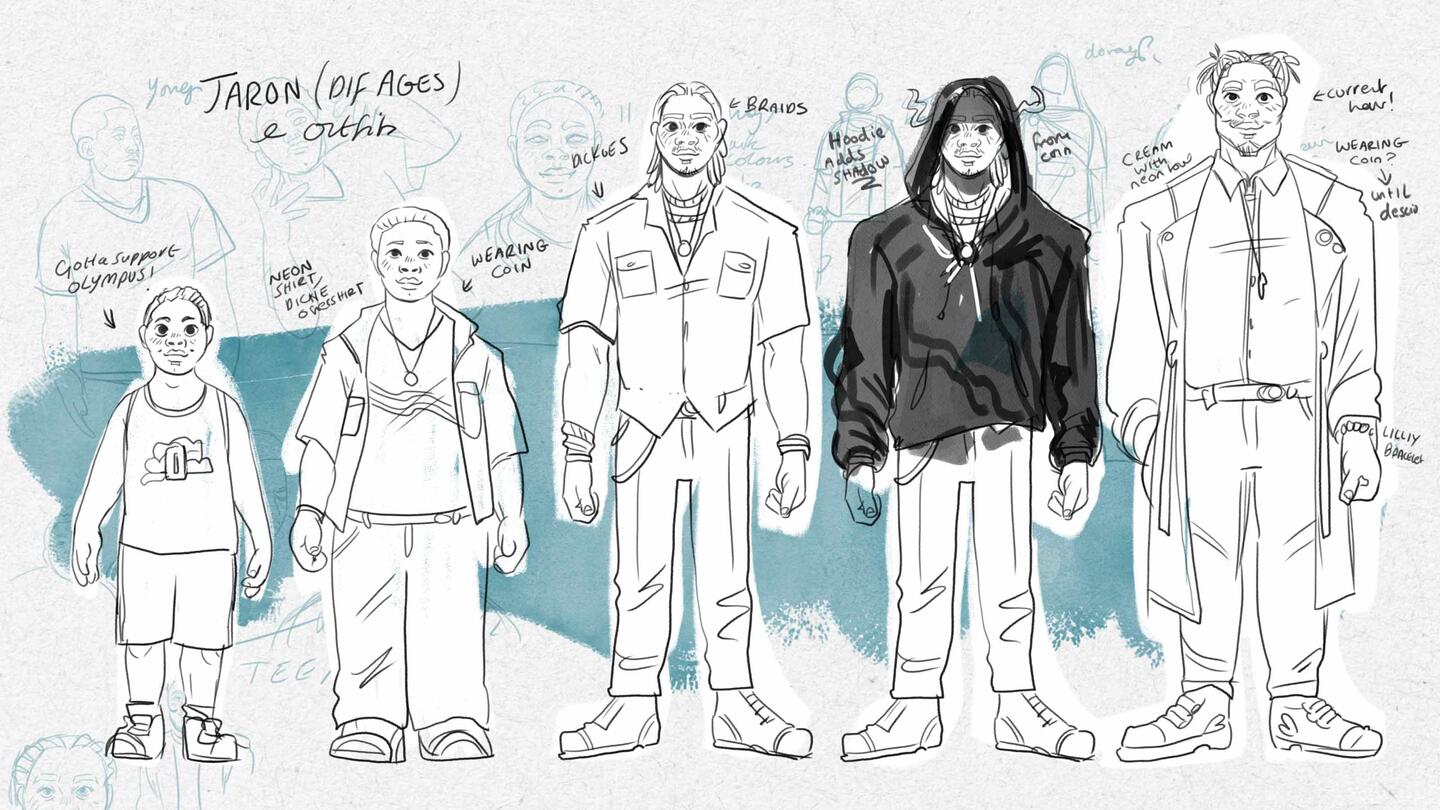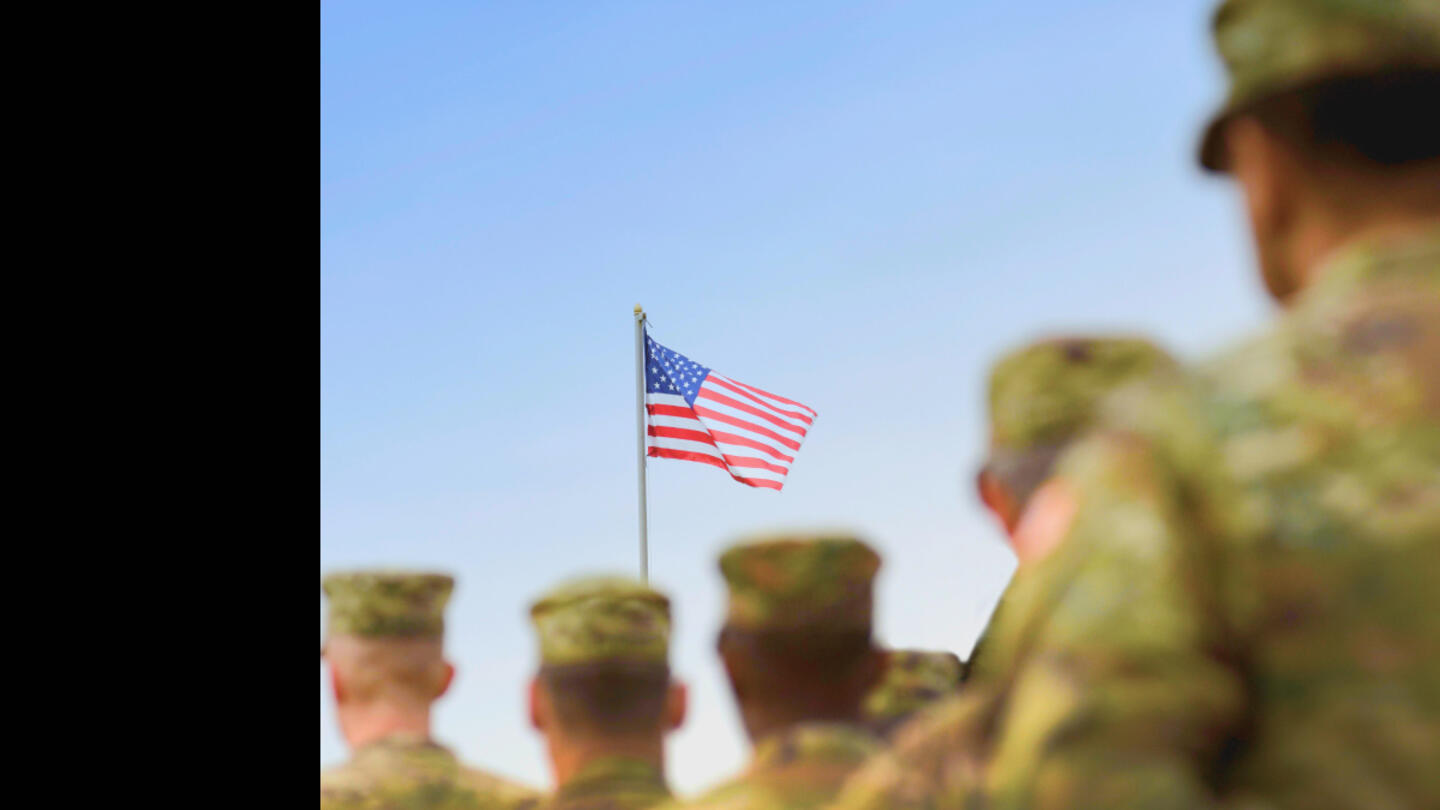This article was originally published by Stand Together Trust.
When Maria Elena Thomas' grandchildren were removed from the care of their mother, she didn't like the thought of them entering foster care. So Thomas and her husband scrambled to take the children in, the New York Times reports. Accepting responsibility for the children was easy, but that responsibility came with significant costs. "The couple … had to rely on food pantry donations and used furniture from friends," the NYTimes reports. Furthermore:
To qualify for reimbursements for childcare expenses, they went through an arduous process to become licensed foster parents, the same as non-relatives: hours of grueling interviews about their lives, a rigorous background check, home inspections, classes and other requirements.
Kinship care -- when relatives care for children when parents are unable to -- has become the preferred option in child welfare, according to ChildWelfare.gov. By providing the most family-like out-of-home setting for a child, a child is likely to experience fewer disruptions in their life -- like needing to change schools -- and it's more typical that a child finds permanency with kin in cases where a child cannot return to live with their parents.
Thanks to a new proposed federal rule, family members becoming kinship caregivers could be much more efficient. If implemented, more family members will qualify for placement and for the same support that all non-kin foster parents are eligible for.
Marina Nitze, a co-creator of the Child Welfare Playbook, a grantee of Stand Together Trust, has been lifting up examples of states, tribes, and kinship caregivers struggling to work through requirements that make sense for non-kin, but that don't always apply to kin. For example, the requirement to attend an orientation to decide if fostering is right for you. Nitze also established a working group among 29 child welfare systems, to keep agencies closely connected to changing regulations. Of the nearly 30 states she's touched base with, the interest and enthusiasm has been overwhelming. Even better, this working group will co-develop the new recommended process for approving kinship caregivers, in collaboration with other national organizations and many kinship caregivers themselves.
The benefits of removing bureaucracy
Currently, 35% of children in the foster care system are cared for by family members, 45% are in traditional foster homes, and the rest are in group homes. Nitze, her working group, and STT want kinship caregivers to become the primary provider. As STT has written about previously, the complicated child welfare system can make it difficult to place children in homes that best serve their needs.
Very often, financial concerns are a deterrent for family or friends who want to become a kinship caregiver — it either prevents them from taking placement entirely, or they struggle to get by without the financial resources they truly need. Additionally, there may be barriers to licensing kin, including things like tuberculosis tests and pet registration requirements that don't have anything to do with whether you can safely care for a child. Even seemingly simple requirements, like asking a doctor's office to fill out a form, can cost time and money that kinship caregivers don't have. In the case of emergency placements, there may not be enough time to get this laundry list of steps done.
Sign up for the Strong & Safe Communities newsletter for stories, ideas, and advice from changemakers working with their neighbors to address the biggest problems we face.
"These new standards will eliminate enormous administrative burden without compromising safety, making licensing for kinship caregivers able to be completed within an hour, and unlock full foster care maintenance payments to every kinship caregiver from day one," Nitze explained. "From our interviews, this can save as much as $5K-$10K in workforce costs per kinship family."
"This is a huge win for children and families and system transformation," said Tiffany Perrin, who leads STT's Child and Family Well-being work. "It demonstrates how even well-intentioned government regulation can become government overreach that negatively impacts real people, every day and at enormous cost. It also demonstrates how common-sense government reform can empower families and drive child wellbeing."
As Nitze and the Child Welfare Playbook working group evolve, these principles we hope to see applied more broadly as they push for the transformation of the child welfare system.
Public comments will be accepted on the proposed rule through April 17, 2023, and we encourage both Title IV-E agencies and kinship caregivers to participate in co-designing the new kinship approval standards.
***
Stand Together Trust provides funding and strategic capabilities to innovators, scholars, and social entrepreneurs to develop new and better ways to tackle America’s biggest problems.
Learn more about Stand Together's efforts to build strong and safe communities, and explore ways you can partner with us.

How to supercharge social impact with a simple survey
Addressing trauma through yoga can help people rejoin society after incarceration.

This project is helping young adults and incarcerated individuals become epic heroes — literally.

This gym demonstrates a crucial missing ingredient when it comes to veterans’ well-being.
